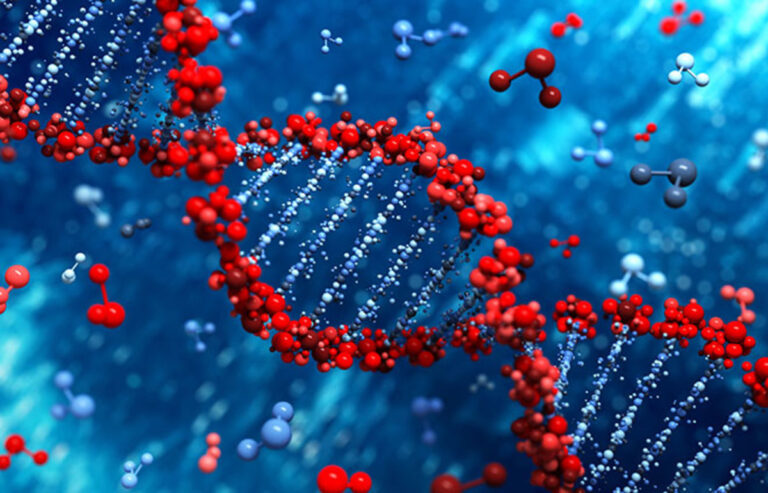It’s All in the Genes:
Hereditary Cancer Genes Linked to Endometrial Cancer Development

Do certain gene variations increase my risk of endometrial cancer?
March 16, 2022
DELRAY BEACH, FL – The American Cancer Society estimates that in 2022 there will be approximately 66,000 new cases of endometrial cancer with more than 12,500 deaths.
A new study from the University of Queensland wanted to understand what genes may have a role in the development of hereditary endometrial cancer. It is known that having a pathogenic variant within a Lynch syndrome associated gene increases a patient’s risk of acquiring endometrial cancer and other cancers of the uterus; however, these researchers decided to understand additional genes that may have a high incidence with endometrial cancer patients and their families.
The risk of hereditary endometrial cancer increases almost 2-fold with the presence of a pathogenic variant in a mismatch repair gene. Data from this study highlighted the following genes: ATM, PALB2, RAD51C, MUTYH, and NBN.1 Pathogenic variations in these genes were found at a higher incidence rate than others that were considered.
Multi-gene hereditary cancer panels are the only way for patients to fully understand their risk for pathogenic variants and development of cancer. As a result, the researchers believe that these genes, as a result of their findings, require more research to expand their therapeutic options.
- Kondrashova O, Shamsani J, O’Mara TA, et al. Tumor Signature Analysis Implicates Hereditary Cancer Genes in Endometrial Cancer Development. Cancers (Basel). 2021;13(8):1762. Published 2021 Apr 7. doi:10.3390/cancers13081762
